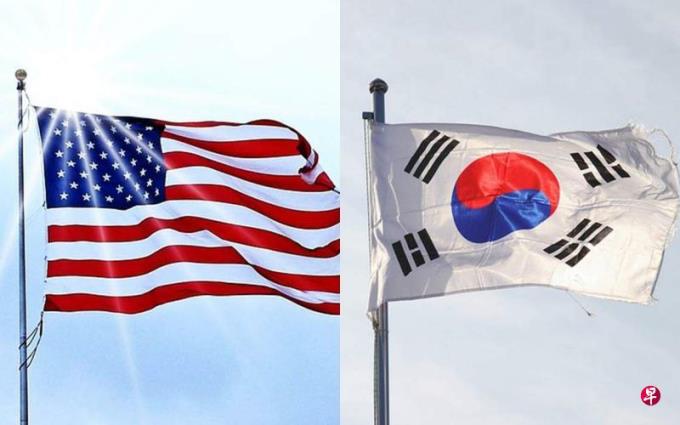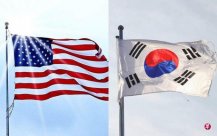
The United States and South Korean governments have recently reached a consensus on response to the issue of "overflowing capacity in China's photovoltaic industry to the world" to protect the influence of the solar power generation industry of the two countries.
Yonhap News Agency reported that Jin Xixiang, economic and foreign coordination official of the Ministry of Foreign Affairs of South Korea, said in an interview on Friday (May 3) that the Korean and American governments held the tenth Han and American energy security dialogue held in Houston, USA on April 30It discussed the plan to cooperate with China's photovoltaic industry capacity.
The representatives of the two countries preliminarily discussed the two response plans at the meeting. One was that countries adopted import control to respond to China ’s excessive subsidies; the other was products with stronger research and development technology in South Korea and the United States.
In 2022, the US President Biden signed the inflation reduction bill. The bill includes investment in about 430 billion US dollars (about S $ 580 billion) for the next ten years for climate and clean energy and medical care.To promote investment in the United States.
Recently, many Korean companies have increased their investment in the United States.However, due to the huge government subsidies of Chinese enterprises, they dumped low -priced solar products from the global market, and the overflow of excess capacity of China has caused concerns about countries.U.S. Treasury Secretary Yellen also declared many times in April that China's low -cost exports of products have surged and might damage the US economy, especially China's solar, electric vehicles and lithium ions overcapacity.
In addition, Jin Xixiang stated that the two countries participating in the energy security dialogue discussed the cooperation plans in the fields of natural gas, solar energy, wind and clean hydrogen energy.The South Korean Natural Gas Commune also participated in the gas field project promoted by US companies in Louisiana, and reached an agreement on importing the natural gas produced here to South Korea to create an Asian precedent.




